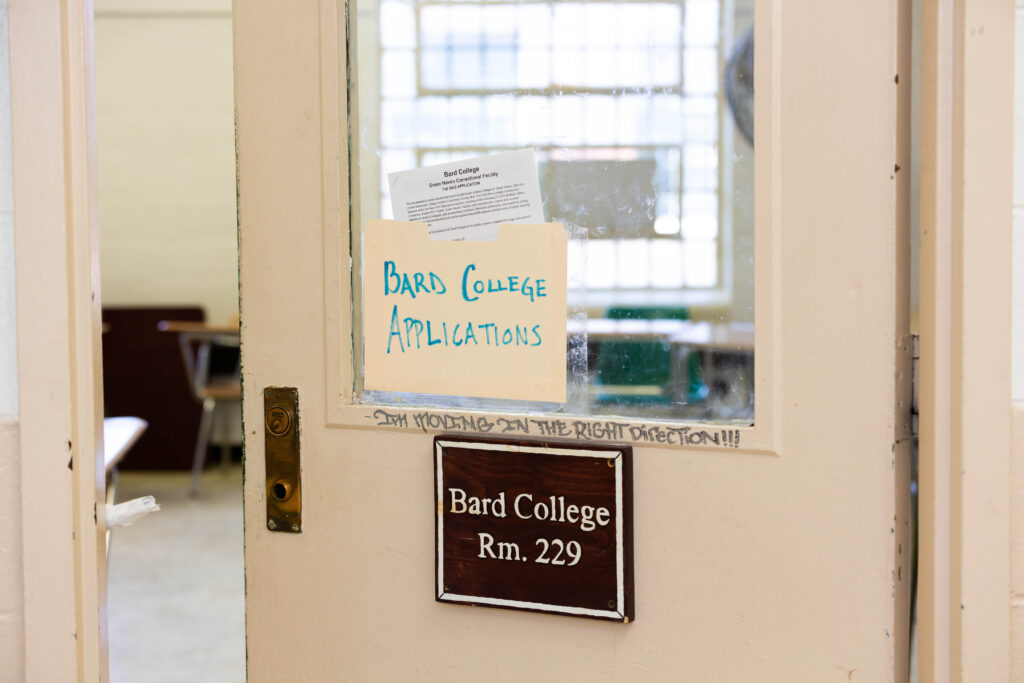As of Saturday, Nov. 16, 2024 New York Courts started the process of sealing records for criminals with felonies and misdemeanors under the Clean Slate Act. The legislation is meant to help formerly incarcerated individuals restart their lives by sealing convictions from the public after a period of time.



